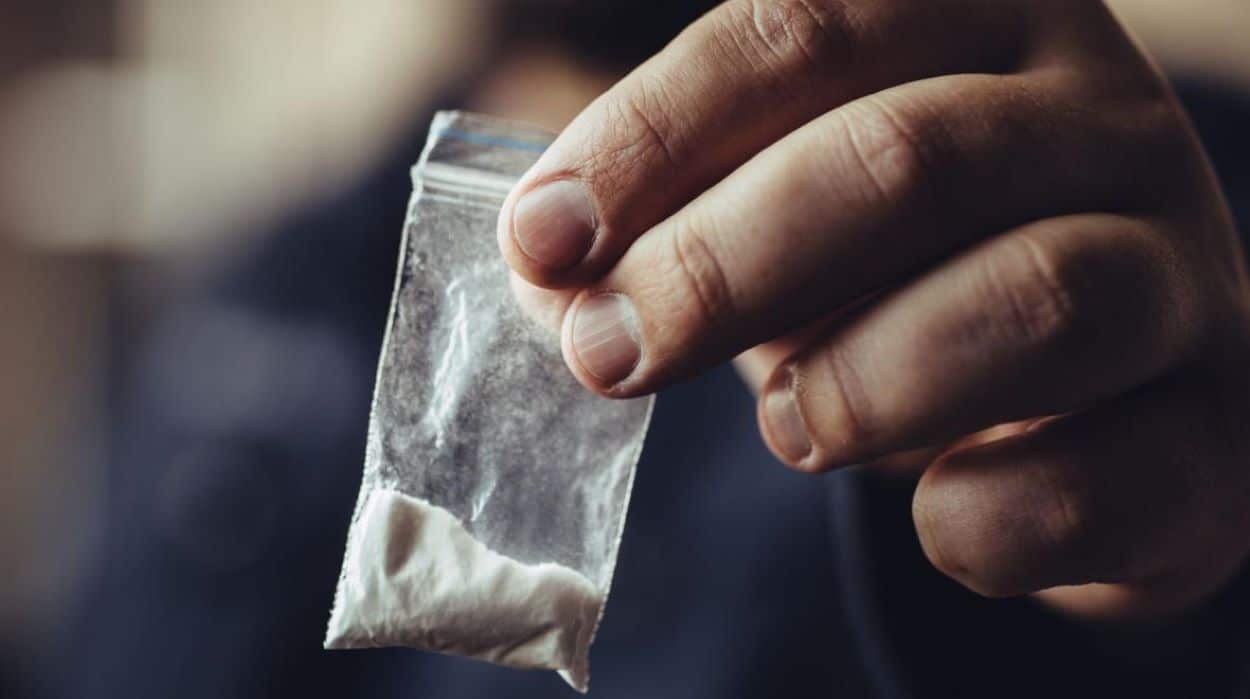Amid concerns over synthetic drug use among students, Sindh Assembly lawmakers have proposed random drug tests in educational institutions. Both treasury and opposition members suggested testing students seeking admission to private and public colleges and universities, admitting only those who test negative.
They also proposed denying exam admit cards to high school, college, and university students who test positive.
The debate was sparked by an adjournment motion by PPP’s Nida Khuhro about rising drug use among youth in schools.
Senior Minister Sharjeel Memon assured the assembly that the proposal for random drug tests would be presented to the provincial cabinet. If approved, students testing positive would have their cases handled confidentially, with results shared only with their parents. This approach aims to identify the drug suppliers.
Memon acknowledged some resistance to the proposal but stressed the need for consensus among stakeholders. He noted that if the cabinet rejects the random tests, the government would consider other methods to detect drug use.
Memon referred to synthetic drugs as a “delicious poison”, infiltrating educational institutions and warned of their potential link to criminal activities.
Minority MPA Anil Kumar (MQM-P) called for a ban on licensed liquor shops, stating that liquor is prohibited in minority religions, including Hinduism. He claimed most buyers at these shops were Muslims.
PTI member Rehan Rajput attributed the rise in drug use to the lack of sports and recreational activities, citing a playground in his constituency that had become a haven for drug addicts.
PTI’s Shabbir Qureshi compared the drug menace to the COVID-19 pandemic and urged mandatory drug tests for students.
PPP’s Sardar Khan Chandio noted the widespread availability of drugs like ‘ice,’ heroin, and opium, both smuggled and produced locally. He highlighted opium cultivation in parts of the province and alleged law enforcers’ involvement in the drug trade.
After the debate, the deputy speaker referred the adjournment motion to the provincial cabinet for necessary legislation. The house was then prorogued.






